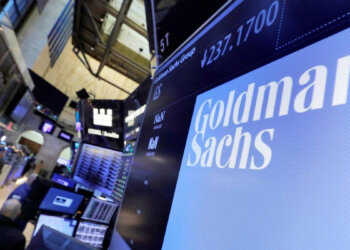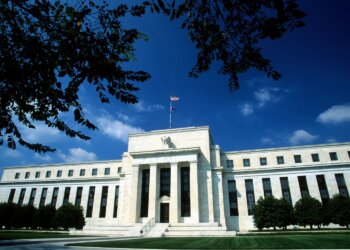A U.S. federal court issued a major setback to President Donald Trump’s trade policies after determining his use of emergency powers to implement wide-ranging global import tariffs exceeded his constitutional authority. A three-judge panel at the U.S. Court of International Trade in New York ruled that President Trump’s implementation of broad trade restrictions through the 1977 International Emergency Economic Powers Act (IEEPA) exceeded his constitutional authority.
The introduction of the “Liberation Day” tariffs by Trump created trade policy disruptions that led to international retaliation and economic instability concerns. The White House has started an appeal process despite the court ruling which does not remove the current tariffs from effect. The judicial decision strongly questions Trump’s future ability to make significant trade choices without congressional authorization.
The court decided the IEEPA did not authorize such extensive tariff applications because there was no clear national emergency declaration. The administration faced multiple legal challenges from importers and trade associations who argued the trade framework became vulnerable to executive overreach through these actions. Economists support the trade concerns by pointing out how Trump’s unpredictable trade decisions damaged investor confidence while disrupting worldwide supply networks.
The White House supports these tariffs because they help decrease trade deficits while enhancing domestic manufacturing and securing improved terms from foreign partners. The White House argued that trade imbalances create a national crisis according to Trump but the court failed to endorse this claim. The White House spokesperson Kush Desai stated that trade deficits have destroyed American communities while simultaneously weakening our national defense manufacturing capabilities yet the court did not contest these facts.
The market reacted favorably to this judicial decision. Major U.S. index futures increased in value as the dollar gained strength and oil prices increased by more than $1 per barrel. Investors reacted with relief to the temporary halt of Trump’s tariff increases because they view it as a positive economic stabilizing factor for the worldwide market.
The outcome of Trump’s trade powers will remain uncertain because the appeals process will continue through the U.S. Court of Appeals before reaching potential Supreme Court review. The policy landscape now faces greater uncertainty because of this decision which shows how executive powers should be limited when dealing with global commerce.










